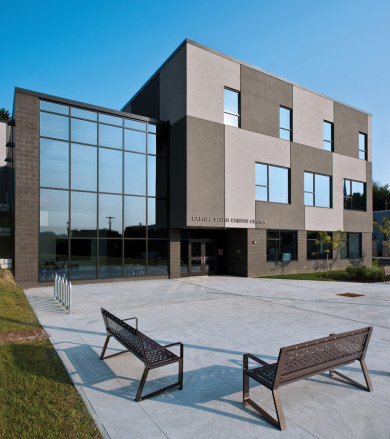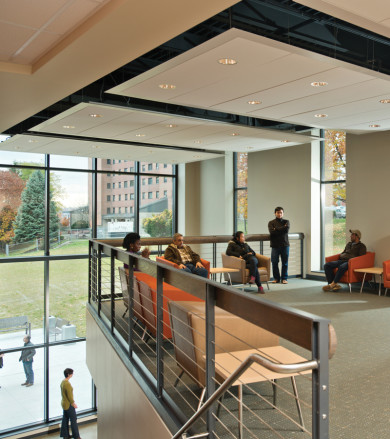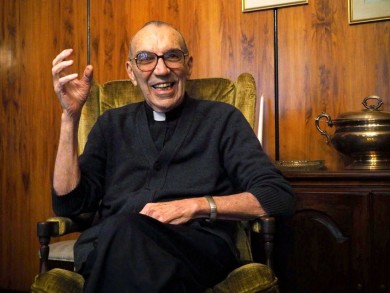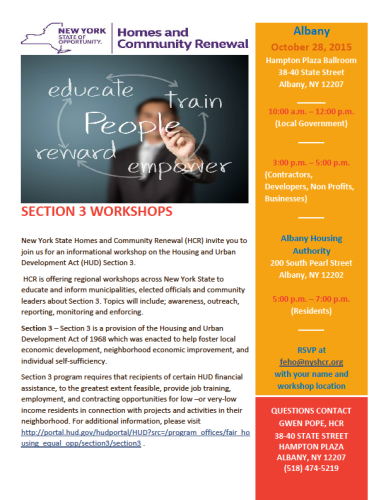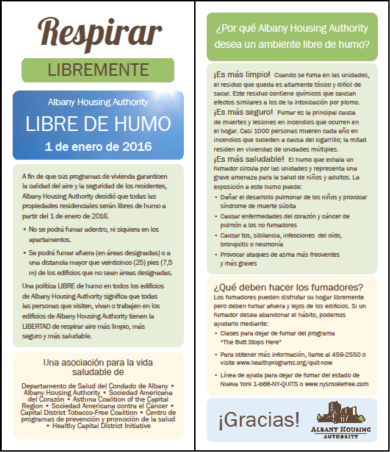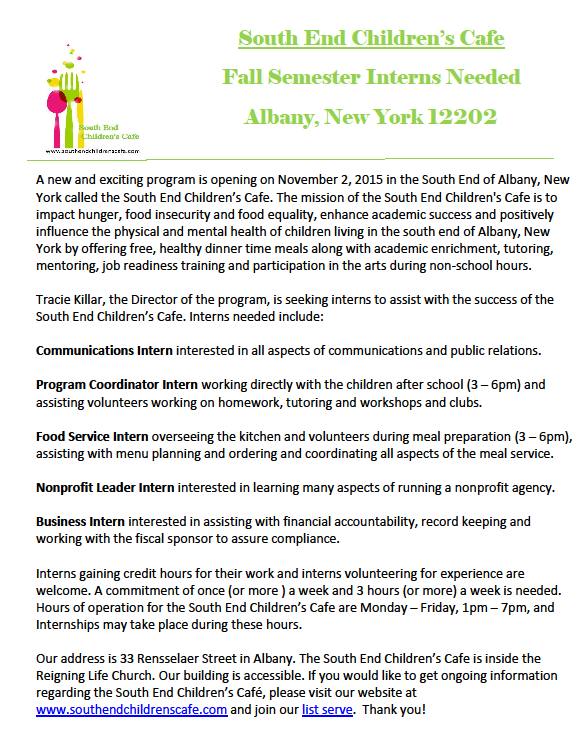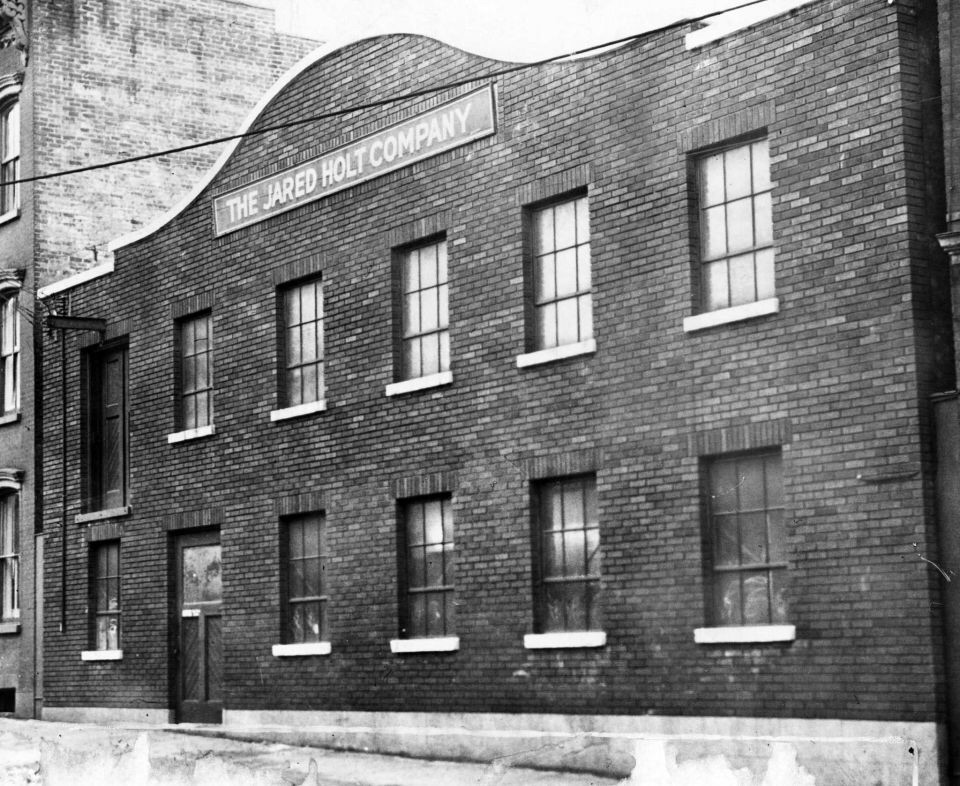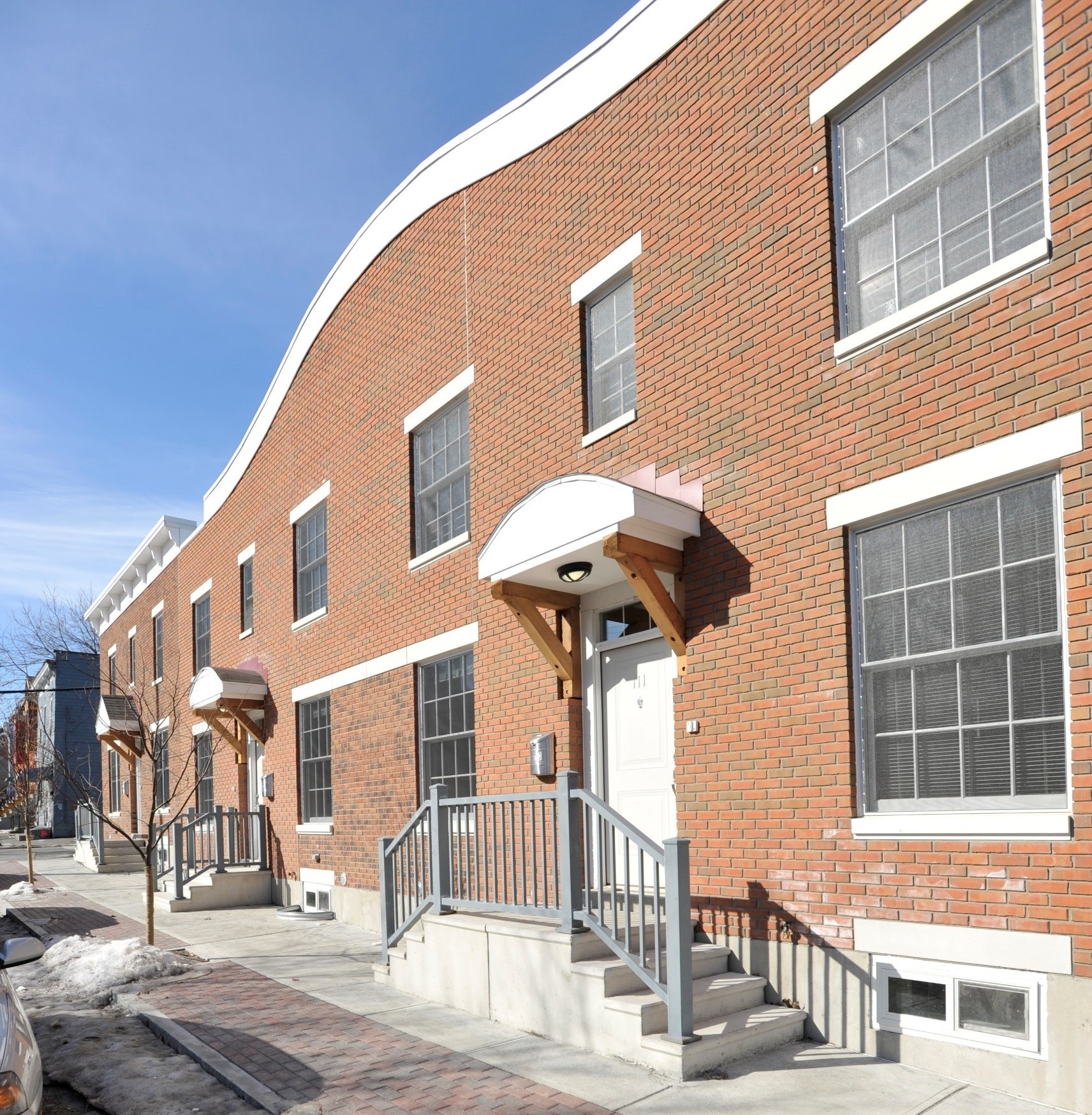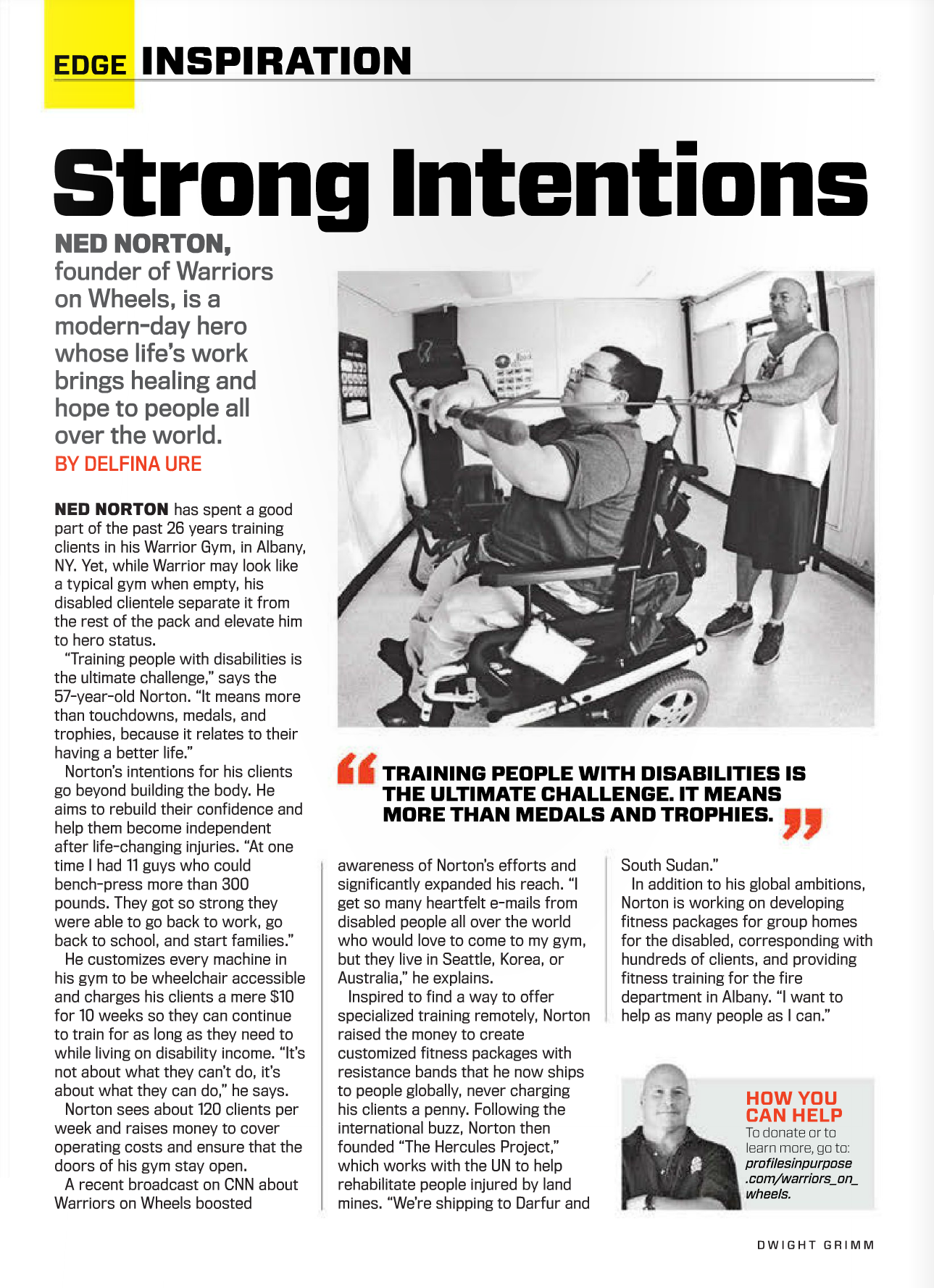Call for MENTORS
for
WILLIAM S. HACKETT MIDDLE SCHOOL
Mentorship Program Meet and Greet
Friday, December 11
or
Friday, December 18
Hackett Middle School is in need of volunteers to serve as mentors
for its students, especially its African-American and Latino students.
Please join us on ONE of these dates to find out how you can help
make a difference in the life of a Hackett student as a mentor.
Our program will include an introduction of Hackett’s new
Mentorship Program, an overview of the need for mentors and
an open discussion on building a network of mentors
throughout the Capital Region.
Please attend the session that best fits your schedule.
5:30 – 7:30 p.m. both days
William S. Hackett Middle School
45 Delaware Avenue
Contact Barry D. Walston at (518) 441-9877 or
barryw513@gmail.com if you plan to attend.
“Remember our YOUTH need a hand up and not a handout.”
We look forward to seeing you!!!
Sometimes, to see a tragedy is to learn a bewildering new language, one difficult for others to understand. The Rev. James Lefebvre, in his 56 years as chaplain to the Albany police, FBI and others, has seen murders, suicides, mutilations and hostage situations.
Lefebvre, 81, has consoled countless cops and families on emergency calls, often late at night. He has learned to speak and listen to people who have seen awful things, who have encountered examples of man’s inhumanity.
Lefebvre will be honored at 4:30 p.m. Saturday at the Polish Community Center by Blue Friday, a nonprofit that assists the families of law enforcement officers killed or injured in the line of duty. The celebration of “A Life of Service to the Community,” will establish a scholarship in his name.
Lefebvre, a priest at St. Mary’s Church in Albany, considers police officers, Catholic or not, his parish. He said he knows police officers aren’t perfect, that may they make mistakes, but they are people trying to help their communities. “They’ve allowed me to share their fears, their joys, their sorrows,” Lefebvre said.
An awful sight like a murder can lead some to clam up, pull these bad memories inward, and not allow others to see their emotions. Lefebvre remembered police officers who would be shaken at the crime scene, then taciturn with their families. “What they do: ‘Let’s go on to the next one, close it up, bury it,'” Lefebvre said.
It’s as if some, after seeing the cruel things people can do, cannot easily explain their experience to others without similar experiences, so they seek those who understand, who can speak the same language as them, who can listen without too much need for translation.
Lefebvre, who spoke French as a boy before learning English, prides himself on being a priest who speaks cop. “‘I can understand what you’ve gone through,'” he said tells officers.
He recalled as a young man working with police Chief Edward C. McArdle, in the 1970s. One day, a prisoner reached over and used a police officer’s gun to shoot him in his police car.
“‘The chief, (who) never would say too much, said, ‘Get in the car,'” Lefebvre said.
“Where are we going, chief?”
“I said, ‘Get in the car.'”
They went to scene, returned to the station and then went back again. They did it five times.
Lefebvre said he didn’t want to see the scene again, and then again. Looking back now, however, that was probably the chief’s way of coping, Lefebvre said.
As he talked, Lefebvre’s hands stayed busy, either waving through the air or doodling on a note pad.
Each person coped with the job in different ways, Lefebvre said. Some buried their thoughts, some shared them, and others used humor.
He recalled a shooting in August of last year, when a man named Jarquell Wiliams shot another man in the head in a dispute over a bicycle.
Williams ran into an apartment and barricaded himself as a SWAT team surrounded the building. Lefebvre came to the scene, as he often does, for support.
He sat on rain-soaked park bench with detectives waiting for the standoff to end. He lit a cigarette from his pack of Pall Malls as police fired tear gas at the apartment.
After the standoff, Lefebvre said officers asked, “Don’t lie to us, Father, were you afraid?”
He assured them he was not. The cops laughed. “Look at your pants.”
His pants was indeed soaked, presumably from the rain on park bench from the night before, Lefebvre said.
The man Williams shot in the head, Marquis Rowlett, 25, died, and Williams was later found guilty of murder.
“It’s not diminishing the tragedy,” Lefebvre said of the small jokes. “Sometimes there’s humor, there’s something to laugh at, that takes the sting out of what they saw.”
“He has seen the good, the bad, and the ugly,” police Chief Brendon Cox said of Lefebvre. “He knows what it’s like to walk in our shoes. When he is around, I would say the men and women of the department don’t shy away from what they want to say. He sees everyone in their truest form.”
jlawrence@timesunion.com • 518-454-5467 • @jplawrence3






